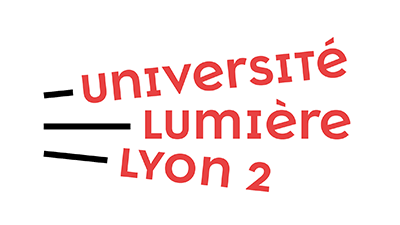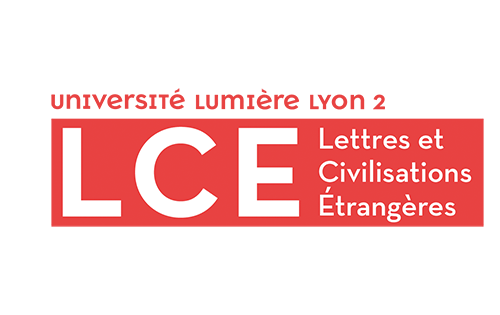Organisé dans le cadre du séminaire Schwerpunkt Deutschland
Ce séminaire s'adresse à tou.te.s les chercheur.e.s s'intéressant au monde germanique, toutes disciplines et toutes périodes confondues. Pour participer ou recevoir le lien de connexion, merci de vous inscrire auprès de Laurence Guillon (laurence.guillon@univ-lyon2.fr)
Intervention
Emmanuel Hourcade, MCF en études germaniques à l'ENS Lyon
« Une postérité fictive après la Révolution : Georg Forster personnage de Therese Huber dans Abenteuer auf einer Reise nach Neuholland. »
Contact et inscription
Laurence Guillon laurence.guillon@univ-lyon2.fr




